27-11-2020 | di COOPI
Niger. COOPI is committed to increasing the resilience of the local health system
COOPI - Cooperazione Internazionale, in consortium with other NGOs, is participating in the “Capacity building project for health structures and the National Disaster and Food Crisis Management Protection to scale up the Community-based Management of Acute Malnutrition approach and support the national Early Warning and Early Response programme”. This project, which has become the "Improved Responses to Nutritional Emergencies" Programme, is funded by the European Civil Protection and Humanitarian Aid Operations (ECHO) and it aims to anticipate and reduce the impact of shocks by building the capacities of the most vulnerable communities in the departments of Tillabéri and Ayorou, in Niger. It also aims to enable the National Disaster and Food Crisis Management Protection System and the Directorate of Nutrition to prepare for and respond to nutritional, food and pastoral risks.
Through the innovative “Community-based Management of Acute Malnutrition” (CMAM Surge) approach, the project is helping to increase the resilience of the health system so that it is able to provide quality services for the management of acute malnutrition at all times, particularly during periods of high demand when life-saving capacity is most important.
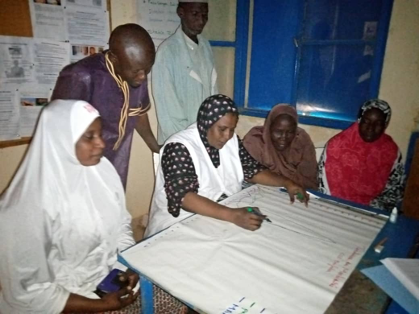
A total of 41 Integrated Health Centres of which 36 in Tillabéry district and 5 in Ayorou are implementing the CMAM Surge approach; 84 health workers and 14 District Medical Officers have benefited from several trainings supported by COOPI to implement CMAM Surge activities.
COOPI, in collaboration with the Crisis Unit / Early Warning System of the National Disaster and Food Crisis Management Protection System, highlights important challenges such as the lack of risk analysis, alert thresholds and response at the local level. The National Disaster and Food Crisis Management Protection System has carried out significant risk analysis work at the national level with the support of COOPI, but data and analyses are still very inadequate at the local level (departments, communes).
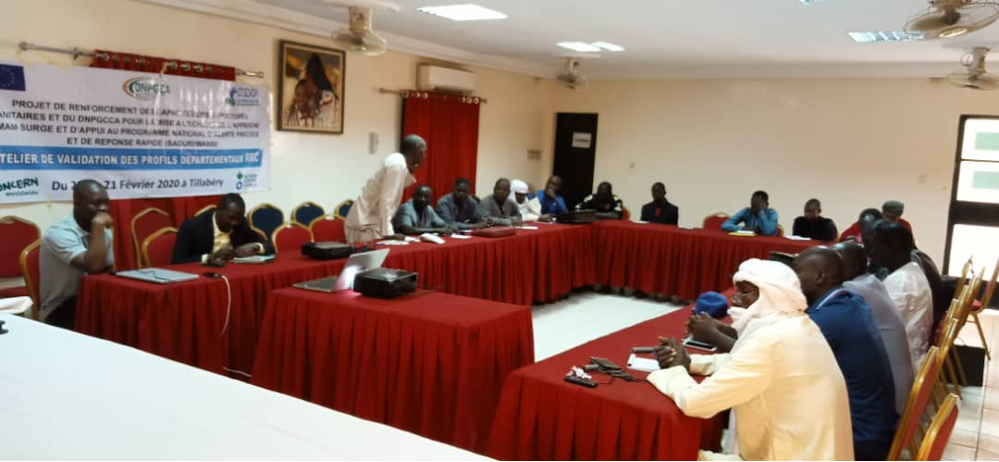
COOPI is strengthening the capacities of the National Disaster and Food Crisis Management Protection System in the departments of Tillabéri and Ayorou through workshops on identifying, prioritising and mapping risks and vulnerabilities; developing emergency preparedness, mitigation and response plans; and setting up early warning systems.
In this context, the work carried out by the Crisis Unit / Early Warning System of the National Disaster and Food Crisis Management Protection System and the COOPI team is intended to help decision-makers identify risk exposure at the local level in Niger and develop risk management strategies adapted to each department of Niger.
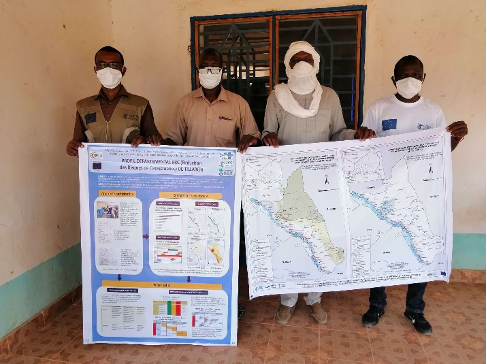
Niger - the Sahelian country par excellence - faces several risks and a high frequency of droughts, famine, locust invasions, floods, cholera and meningitis epidemics, political instability and violent conflict. These risks are sometimes concomitant and have a general impact on food and nutrition insecurity.
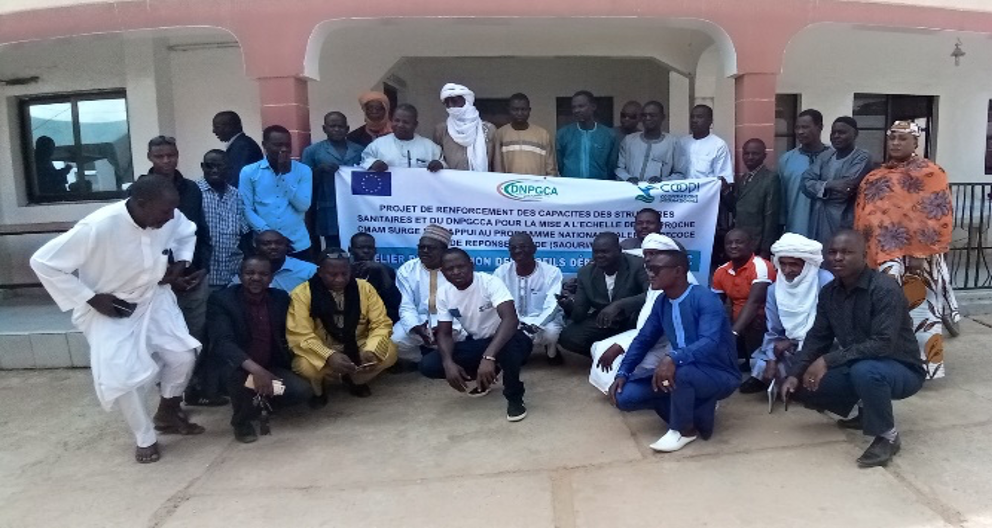
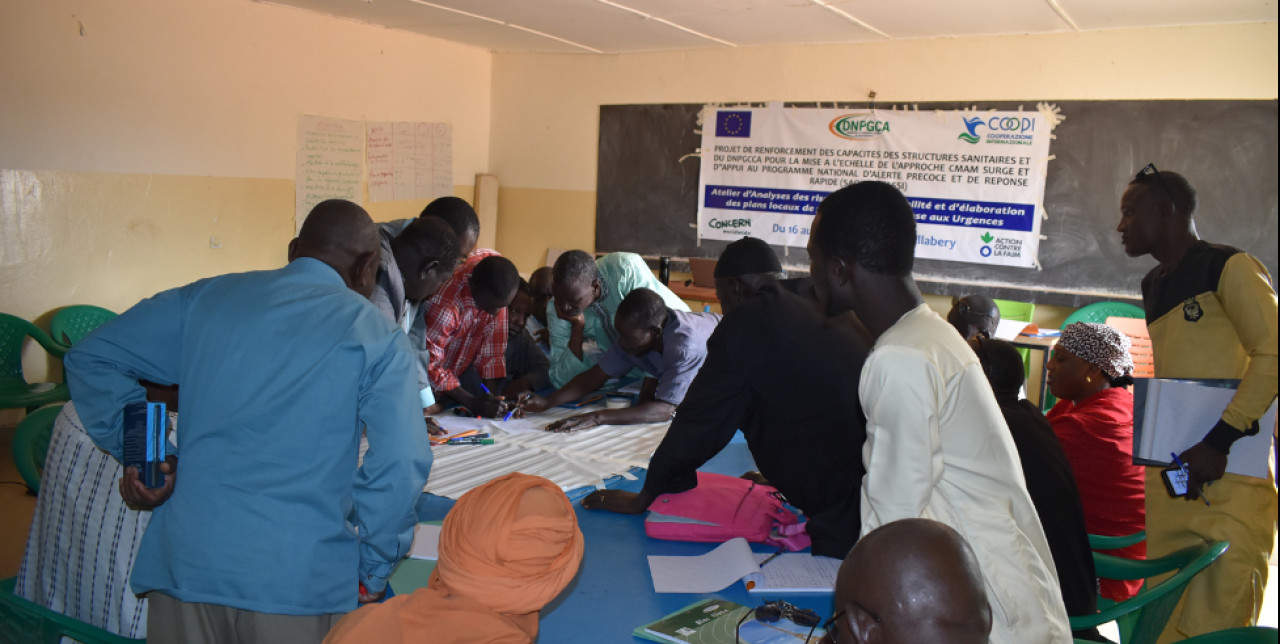



 Niger
Niger